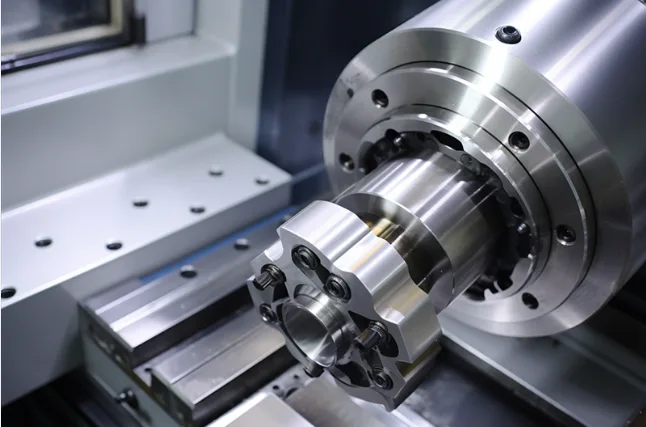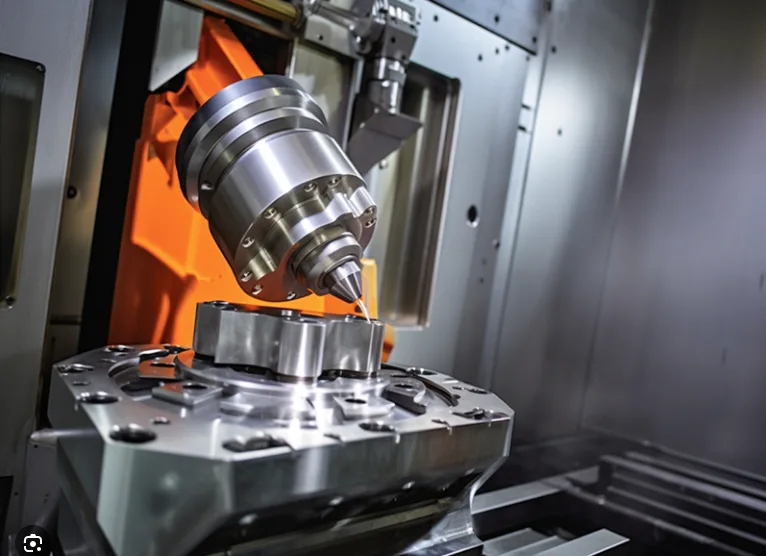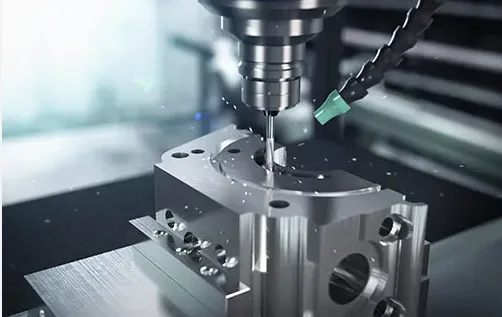In mechanical manufacturing, key processes are crucial for product quality, performance, and stability. Strict control of these processes improves product quality and production efficiency.
Definition and Characteristics of Key Processes
Definition
Key processes are the most important steps in mechanical manufacturing. They directly impt a product’s quality, performance, and reliability. These processes often include machining, heat treatment, welding, and assembly. To identify a key process, you must analyze a product’s technical requirements, process flow, and quality standards.
Characteristics
Complexity: Key processes involve many parameters and machine operations. They are complex and various factors can easily affect them.
Importance: The quality of a key process directly affects a product’s core performance and reliability. If an issue occurs, the product may be scrapped or its performance will degrade.
Controllability: Despite their complexity, you can effectively control key processes. You can achieve this through proper process design, equipment maintenance, and personnel training.
Correlation: Key processes are interconnected. Their quality affects not only themselves but also creates a chain reaction in subsequent processes.

Factors Affecting Key Processes
Insufficient Processing Accuracy
Machining accuracy is a core requirement for key processes. However, several factors can prevent this. For example, old equipment, worn tools, or incorrect process parameters can lead to inaccurate machining. This results in parts with dimensional deviations or poor surface roughness.
Equipment Failure
Equipment is vital for key processes. Its reliability and stability directly affect processing quality and efficiency. Long-term use can cause equipment to fail. For example, a CNC machine’s control, spindle, or transmission system may break down. This not only stops production but can also damage products and increase costs.
Unreasonable Process Parameters
Process parameters are a critical factor in machining quality. Poor process design or delayed adjustments lead to unstable quality. For instance, incorrect parameters in heat treatment can change material properties. Similarly, improper spindle speeds, cutting speeds, or feed rates during machining can result in a poor surface finish and low dimensional accuracy.

Control Measures and Methods
Strengthen Equipment Maintenance and Management
Companies should design process parameters and routes scientifically. They should base these designs on technical requirements and equipment performance. Additionally, they should create detailed operating instructions to ensure quality. Companies should also establish a dynamic adjustment mechanism. This allows them to optimize parameters based on production conditions and ensure stable quality.
Optimizing Process Parameters
Companies should design and optimize process parameters scientifically. They should base these on technical requirements and equipment performance. When necessary, they should also create detailed operating specifications. Additionally, they should establish a dynamic adjustment mechanism. This ensures the stability of processing quality.

Case Analysis
A Magnetoelectronics Manufacturer’s Success Story
A magnetoelectronics manufacturer improved the quality and efficiency of its T-thread adjustment screws. They upgraded equipment, optimized process parameters, and trained their staff.
The company also created a complete quality control system. They now use high-precision testing and data analysis, which has significantly increased their product qualification rates.
A Magnetoelectronics Company’s Improvements
A magnetoelectronics company significantly improved its welding automation and precision. They upgraded their welding equipment and introduced advanced robots and laser welders. The company also improved its operators’ skills. They did this through master-apprentice training and skill competitions. This standardized welding techniques and boosted employee skills, which in turn significantly improved overall product quality and weld pass rates.
Conclusion
Key processes are essential for the quality and reliability of mechanical manufacturing products. We analyzed existing challenges and proposed control measures. These include strengthening equipment maintenance, optimizing process parameters, improving personnel quality, and establishing a quality monitoring system. These measures have proven effective. They improve the quality and efficiency of key processes, which boosts a company’s competitiveness.
